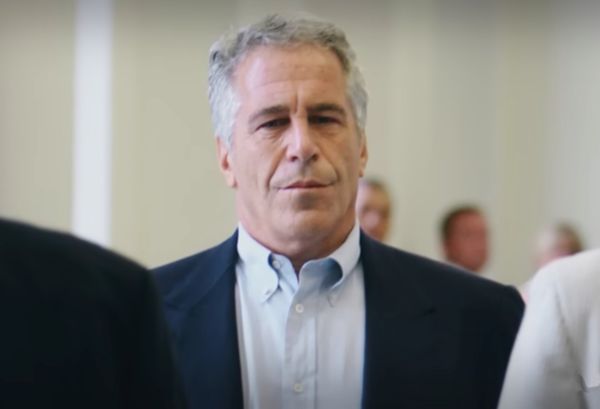
Ofcom has signalled the start of the 2024 election season by issuing its advice to broadcasters on coverage of the local elections in May. It does this before every election to help its licensees maintain their legal obligation of impartiality. But in our editorial and regulatory experience, stretching back 40 years, there has never been so much cause for confusion and concern about what lies ahead in broadcast coverage of both local and general election campaigns.
Is Ofcom going to allow senior party officials to present election programmes as long as they are not actual candidates? Could a channel host party loyalists from only one side, delivering nightly unchallenged polemics on each day’s campaign news? Will channels with poor compliance records and fewer viewers than the public service broadcasters be given greater flexibility in achieving “due impartiality” on the basis of what Ofcom calls “audience expectations”?
Ofcom says that “pretty soon” it will set out its thinking because in its own words “the stakes are even higher in an election year”. But, based on Ofcom’s existing interpretation of its rules and its recent statements, we fear the answer to all three questions is yes.
The recent rise of what have been called “opinionated” TV channels has stretched Ofcom’s interpretation of what “due” impartiality means to its very limit. Ofcom often cites freedom of expression and audience expectations in allowing much greater flexibility to these news channels in comparison to their public service cousins, which, alongside channels such as Sky News, strive for impartiality. So Ofcom has now created a two-tier impartiality system. The law has never allowed for this – irrespective of audience size or brand reputation.
But the law hasn’t changed – not one comma – and there is no evidence that parliament is seeking to dilute impartiality in broadcasting. In fact, quite the contrary. Proposed new legislation before the Commons seeks to extend the impartiality rules to on-demand services such as Netflix and Prime Video. So why does Ofcom appear to be applying a different set of impartiality rules to the likes of GB News?
When the broadcasting code, which all UK broadcasters must comply with, was first published almost 20 years ago, it was never envisaged that sitting politicians and senior officials from the same political party would present news and current affairs shows day in, day out. If it did happen, then it would certainly raise questions under the impartiality rules. Now presenters give long monologues on no end of controversial matters and frequently go unchallenged. But neither the law, the code nor Ofcom’s published guidance on the code has changed.
It has long been established that the obligation for due impartiality is, in itself, a restriction on freedom of expression. It’s one that’s been accepted as legitimate in a democratic society and upheld in the courts numerous times. The overall rationale being that the public should be exposed to informed debate with competing views and opinions and not fed one line. This is the reason, often cited by Ofcom, why broadcast news is so trusted in this country.
But Ofcom has repeatedly failed to quickly conclude many of its investigations, and is apparently unwilling to uphold impartiality – all in the name of freedom of expression and audience expectations. These failures seem to be compromising its statutory duty to act as an independent regulator and ensure a bias-free broadcast environment.
What Ofcom is dealing with is not unique. Last month, the highest administrative court in France directed the French regulator to properly examine whether a television channel, CNews, was complying with its rules on balanced and independent journalism. A press freedom organisation took the regulator to court over its inaction on what’s become known as “French Fox News”. Ofcom may face the same fate.
Many have watched aghast as Ofcom gives GB News and others the green light to put out highly partial views with no apparent challenge, or fails to investigate alleged conspiracy theories. Often, we don’t even get to see Ofcom’s reasoning in published decisions. Meanwhile, government ministers are interviewed by MPs from their own party. Similar content from the likes of Press TV from Iran, CGTN from China and RT from Moscow was censured by Ofcom, including with six-figure fines.
It is not for Ofcom but parliament to decide whether impartiality rules should be weakened, changed or abandoned. If, after public and parliamentary debate, there’s a view that perhaps impartiality should only apply to public service broadcasters, then so be it. But, at the moment, the rules are being changed by the back door.
For the past two decades, Ofcom has admirably maintained its independence and carried out its regulatory duties without fear or favour. We are proud to have worked there to uphold those values.
If its code is no longer fit for purpose, Ofcom should amend it and make sure its rules, which apply to all UK broadcasters, are upheld. But as the elections loom, Ofcom should not forget that impartiality is the cornerstone upon which trust in our news and current affairs has been built.
Stewart Purvis was the chief executive and editor in chief of ITN and a former Ofcom content and standards partner. Chris Banatvala is an independent expert member of the Sky News board and was Ofcom’s founding director of standards responsible for drafting and enforcing its first broadcasting code.







